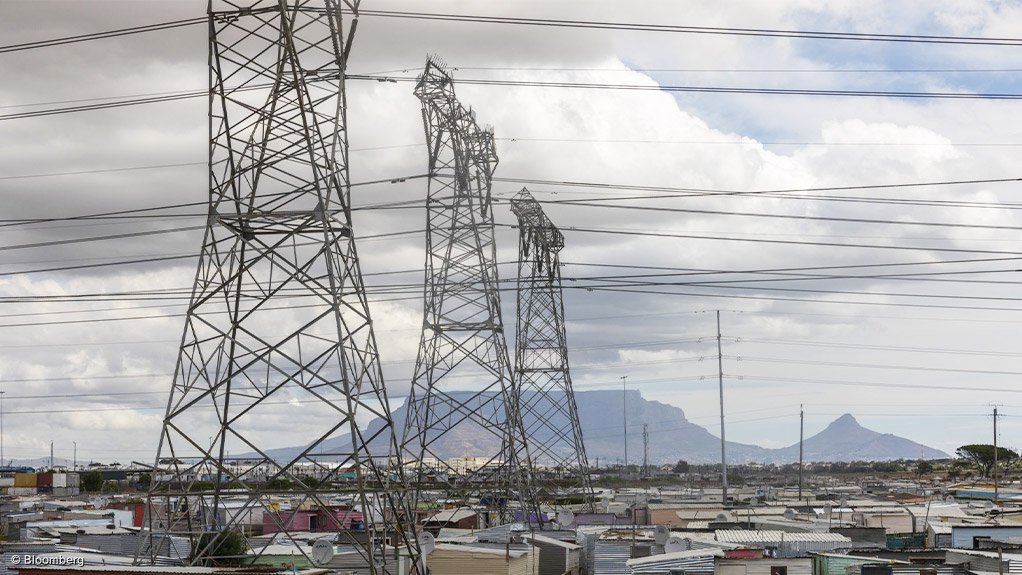The head of energy at the South African Local Government Association (Salga) has called for a review of both the size of the free basic electricity (FBE) allocation as well as the way the grant is assigned, arguing that many indigent households are currently not benefiting from the scheme as intended.
Speaking during a roundtable discussion on South Africa’s electrification programme as part of government’s ongoing activities to mark 30 years of democracy, Nhlanhla Ngidi described the current monthly allocation of 50 kWh as “minute” and well below the 300 kWh to 400 kWh that poor households were typically consuming.
He also argued that the registers of indigent households, which are used by municipalities to distribute the benefit, were out of date, resulting in intended beneficiaries being bypassed while those with means to pay were continuing to enjoy the benefit.
In addition, the widespread practice of bypassing electricity meters, which was further undermining the relevance and effectiveness of FBE, while robbing both municipal distributors and Eskom of revenue.
“The policy has good intentions, but we need to review it,” Ngidi said, adding that after the elections government should also prioritise a recrafting of the way indigent households are identified and supported with electricity.
Research published by the Public Affairs Research Institute in 2023 concluded that fewer than a quarter of qualifying indigent households were benefiting from the 50-kWh-a-month scheme, and that the scale of the grant was also insufficient to reduce poverty and inequality.
The authors urged government to consider increasing the monthly FBE allocation to 350 kWh, which it described as the minimum threshold at which electricity would begin yielding meaningful socioeconomic benefits.
Speaking during the roundtable, EE Business Intelligence MD Chris Yelland added that there was also a need to improve data collection and research around the electrification programme.
Describing the connection of some 8.3-million households as a success, he said the goal of universal access beyond the current 94.7% remained elusive, owing to ongoing changes in circumstances driven by factors such as migration and urbanisation. Better data was required, he argued, to help identify the gaps, while research was needed to find better ways to close them.
Yelland also argued that while the provision of access to electricity was crucial, it was equally important to address affordability to make that access truly meaningful and to mitigate the threat of electricity theft.
The Department of Mineral Resources and Energy’s Lufuno Madzhie reported that the backlog was currently estimated to be over 3-milion households, 1.2-million of which were in informal settlements mostly in and around South Africa’s large urban centres.
Besides internal capacity and financial constraints, municipalities also faced legal hurdles to electrifying informal settlements, which had not yet been resolved.
Nevertheless, there was consensus that there should be ongoing efforts to meet the universal access goal, which has both social and economic benefits, ranging from convenience and safety, through to enabling night-time study and the launching of small businesses.
Eskom Distribution senior manager Portia Papu indicated that Eskom remained committed to implementing the electrification programme, having been responsible for some six-million of the new connections deployed to date; initially off its own balance sheet and currently drawing on a yearly allocation in the national Budget.
Papu indicated that the utility was also increasingly turning to new technologies, including microgrids, to implement electrification in those far-flung areas where the cost of connecting communities to the national grid was considered prohibitive.
EMAIL THIS ARTICLE SAVE THIS ARTICLE ARTICLE ENQUIRY
To subscribe email subscriptions@creamermedia.co.za or click here
To advertise email advertising@creamermedia.co.za or click here











